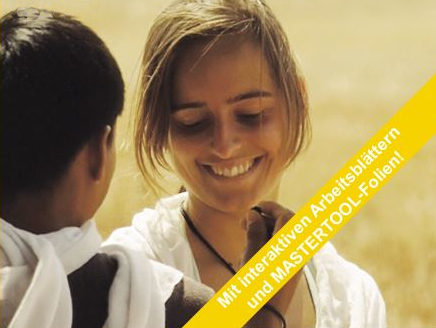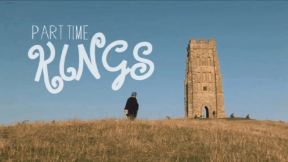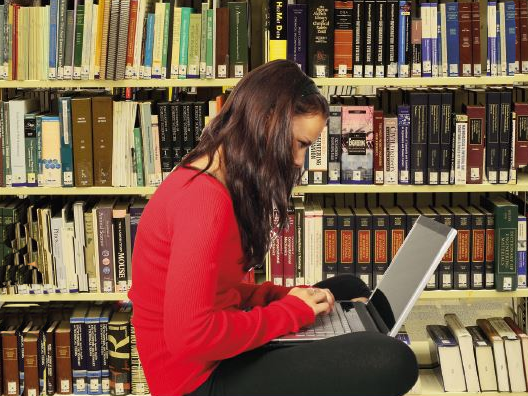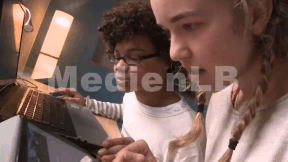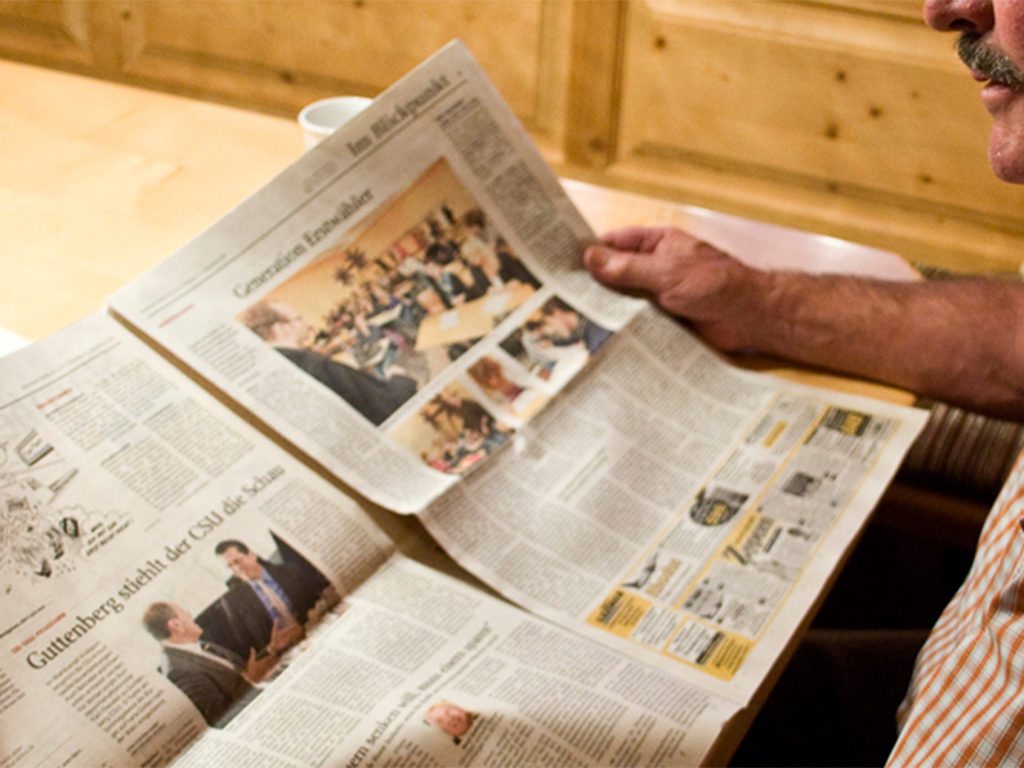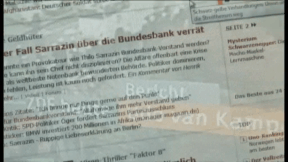 Society
Society
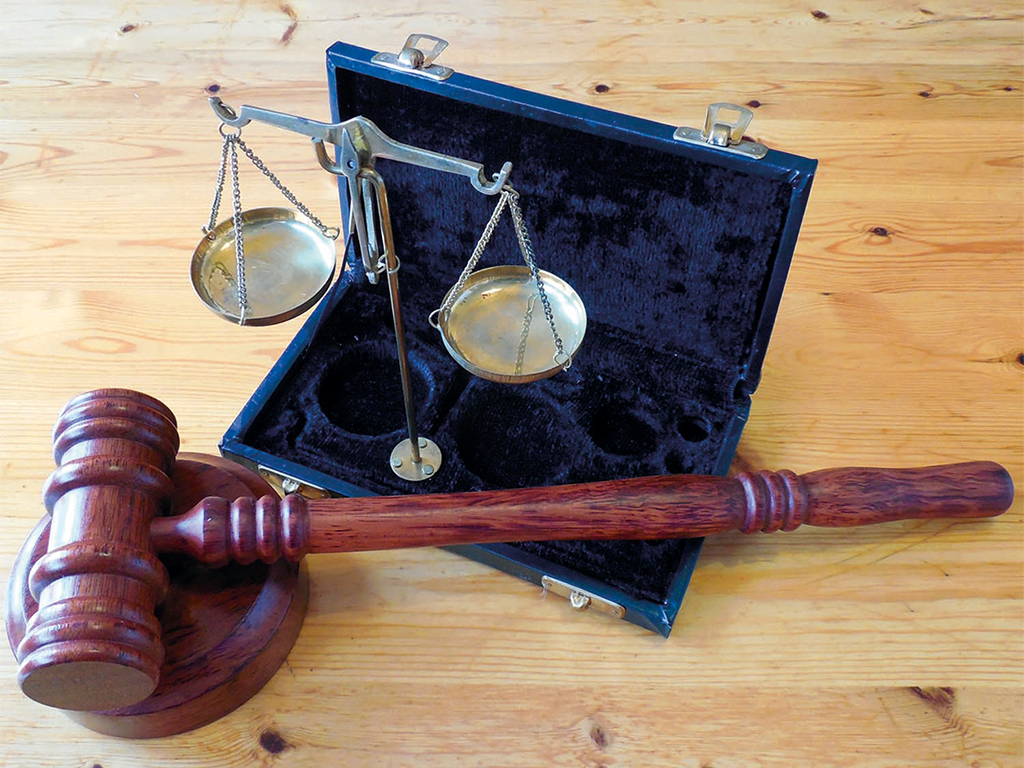

46500935 / 55500691
Rights and Obligations
Youth Protection, Compulsory Schooling, Driving Licence
Three girls of different ages: Anna is 17, Paula 15 and Lena 13. Before the law, their respective ages have consequences – because children and adolescents have different rights and also obligations. Lena is in the seventh form. Like every morning, she walks to school together with Paula because they have the same way. But now she has received an SMS from Paula. Caption WhatsApp: “My first lesson has been cancelled. Let’s hang out together?” Lena would like to. Should she skip school today? Franz Pfleger is a lawyer. He knows that children and young people not only have rights but also obligations. One of them is compulsory schooling. Original soundtrack Franz Pfleger, lawyer: “Compulsory schooling is regulated by the federal states in Germany. It is subject to different rules in each state and can comprise nine or ten years, but there is compulsory vocational education, too. Thus, every child in Germany attends school for twelve years.” Truants will face punishment, even if their parents approve of it, for instance, to fly to a holiday destination earlier. Parents are not allowed to release their child from class unless it is ill. They are even responsible for ensuring that their child attends to its duty to go to school. Original soundtrack Franz Pfleger, lawyer: “If, for example, parents go on holiday one or two days earlier and take their children with them, and if they get caught, they will have to pay a steep fine, up to a four-figure amount, and the fine will be determined depending on the gravity of the offence.” Serial truants may even be picked up by the police. No, Lena does not want this to happen to her and her parents. She prefers to go to school.
Play trailer
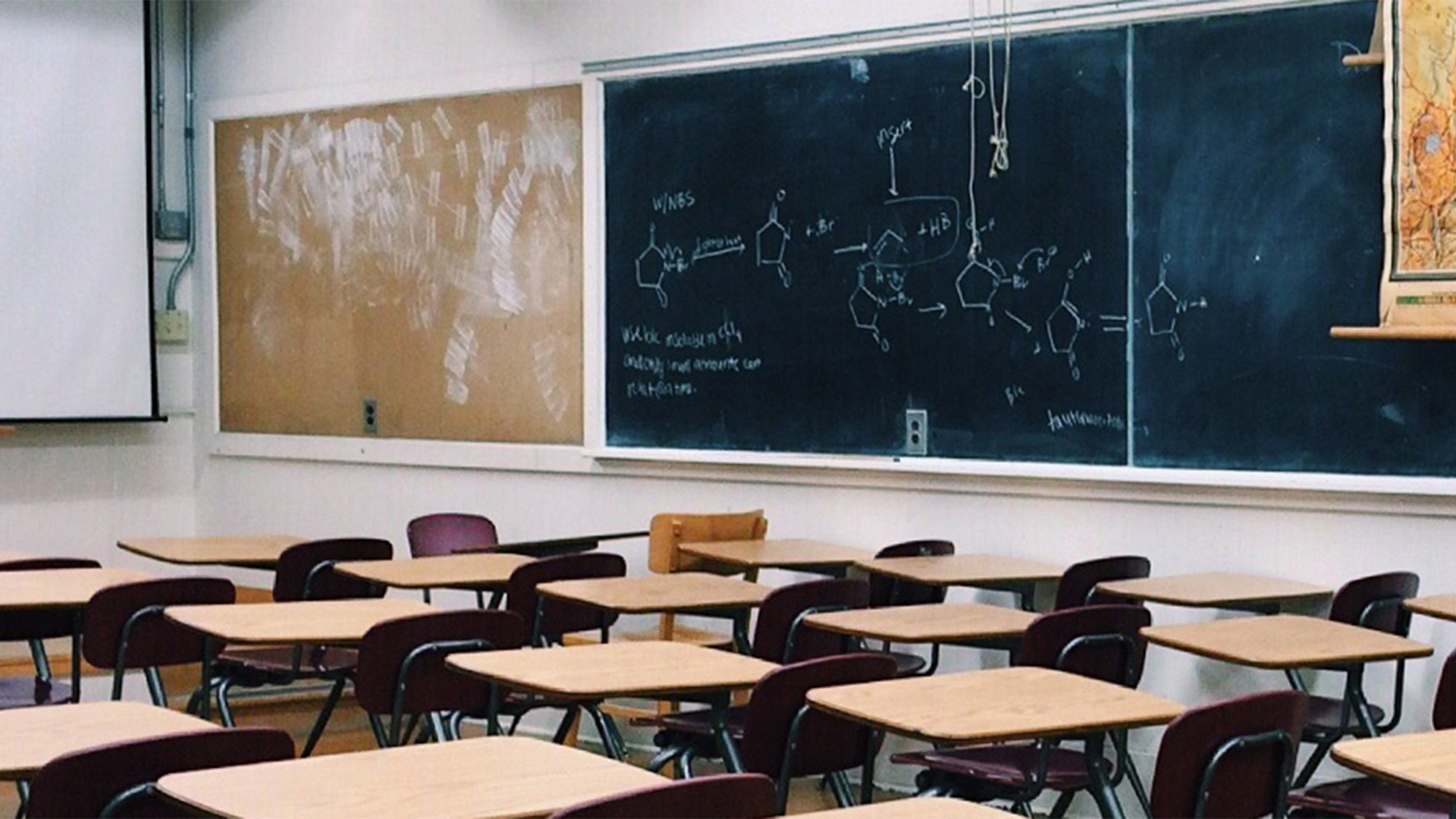
Curriculum-centred and oriented towards educational standards
Matching
The Daily Newspaper
Every day, there is a surge of news reaching us via different news channels. In spite of TV and Internet, the daily paper still is one of the most important main sources of news. But how is a newspaper created? The film shows the production of a paper in the course of one day. Starting with the editorial meeting in the morning, in which the topics and deadlines are determined, the film accompanies a journalist during her research work. You can see how a journalistic interview is conducted and what the photographer must consider when taking a press photo. Back in the editorial office, the editor’s work is illustrated, which includes the page layout and the writing of an online article in today’s time. Impressive pictures from the printing centre depict the process from the digital page to the finished newspaper. Together with the comprehensive accompanying material, the DVD is perfectly suited for use at school




